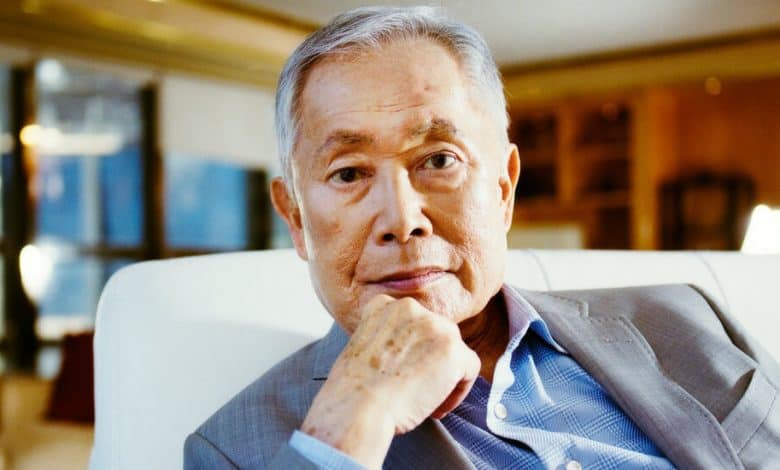George Takei Keeps Faith With Democracy

The Unstoppables is a series about people whose ambition is undimmed by time. Below, George Takei explains, in his own words, what continues to motivate him.
I was born April 20 of 1937. Pearl Harbor was bombed on Dec. 7, 1941. I had turned 5 by the time a morning arrived that I can never forget. Two months after Pearl Harbor, in February 1942, Franklin D. Roosevelt issued Executive Order 9066, decreeing that all Japanese Americans — 125,000 of us by the latest count — on the West Coast were to be imprisoned with no charge, no trial and no due process, only because of how we looked.
A few months after the order was issued, we saw two soldiers marching up our driveway in Los Angeles carrying rifles and shiny bayonets. They banged on our door with their fists and one said, “Get your family out of this house.”
At the time Henry was 4, I was 5 and my baby sister was not yet 1. My father had had the foresight to prepare a box of underwear tied with twine for each of us. He had two heavy suitcases ready. We followed him out and stood in the driveway while our mother came out escorted by another soldier, my baby sister in one arm, and carrying a duffel bag. That terrifying morning, burned into my memory, is what led to me becoming an activist.
Before we were interned, my father had a successful dry-cleaning business on Wilshire Boulevard, right by Bullocks Wilshire, the most fashionable department store in Los Angeles. By the time the war ended, we had nothing. Given a one-way ticket to anywhere in the United States and $25 to start over from scratch, we returned to Los Angeles, where my father’s first job was as a dishwasher in Chinatown. Only other Asians would hire us.
